Small ancient shark fossil Diplacanthus
€ 40,00
Diplacanthus fossil Shark
Get this Cool ancient Shark fossil.
1 in stock
Description
Diplacanthus fossil fish
Diplacanthus, a small acanthodian from the Middle Devonian era, holds a significant place in the history of fish evolution. Fossilized remains of Diplacanthus have been discovered in the North of Scotland, specifically in Caithness, providing valuable insights into this intriguing species and its habitat. diplacanthus fossil fish
During the Middle Devonian period, around 390-370 million years ago, the region that is now the North of Scotland was predominantly occupied by a vast freshwater lake system. This ancient environment provided an ideal habitat for Diplacanthus, which thrived as a filter feeder. This means that Diplacanthus would consume small particles suspended in the water, similar to how modern-day filter-feeding fish, like the whale shark or manta ray, feed on plankton.
Diplacanthus was characterized by the presence of two distinctive dorsal spines, which set it apart from other contemporaneous fish species. These spines, composed of strong bony tissue, provided structural support and served as a defense mechanism against potential predators. As Diplacanthus inhabited a freshwater lake system, it faced threats from other larger predatory fish species that lived in the same environment. The dorsal spines acted as an effective deterrent, providing Diplacanthus with protection and helping it navigate through the waters.
Devonian diplacanthus fossil fish
The Devonian period is often referred to as the “Age of Fishes” due to the incredible diversity and abundance of fish species that proliferated during this time. It marked a crucial stage in the evolutionary history of vertebrates, with fish species diversifying and adapting to various aquatic environments. Diplacanthus represented one such adaptive specialization, as it successfully adapted to the conditions of the freshwater lake system.
Studying the fossils of Diplacanthus has provided researchers with important insights into the development of fish evolution and the ancient ecosystem in the North of Scotland millions of years ago. By examining the physical features and behavioral adaptations of Diplacanthus, scientists can piece together a more comprehensive understanding of the ecological interactions that took place during this unique period in Earth’s history. diplacanthus fossil fish
In conclusion, Diplacanthus, a small acanthodian from the Middle Devonian era, was a filter feeder that inhabited the fresh water lake system in the North of Scotland. Its distinguishing feature was the presence of two dorsal spines, which served as a defense mechanism and facilitated its survival in an environment populated by other fish species. By studying Diplacanthus fossils, scientists gain valuable insights into the Devonian period, also known as the “Age of Fishes,” and the evolutionary history of fish. diplacanthus fossil fish
Additional information
| Weight | 0,5 kg |
|---|---|
| Dimensions | 12 × 10 × 1 cm |
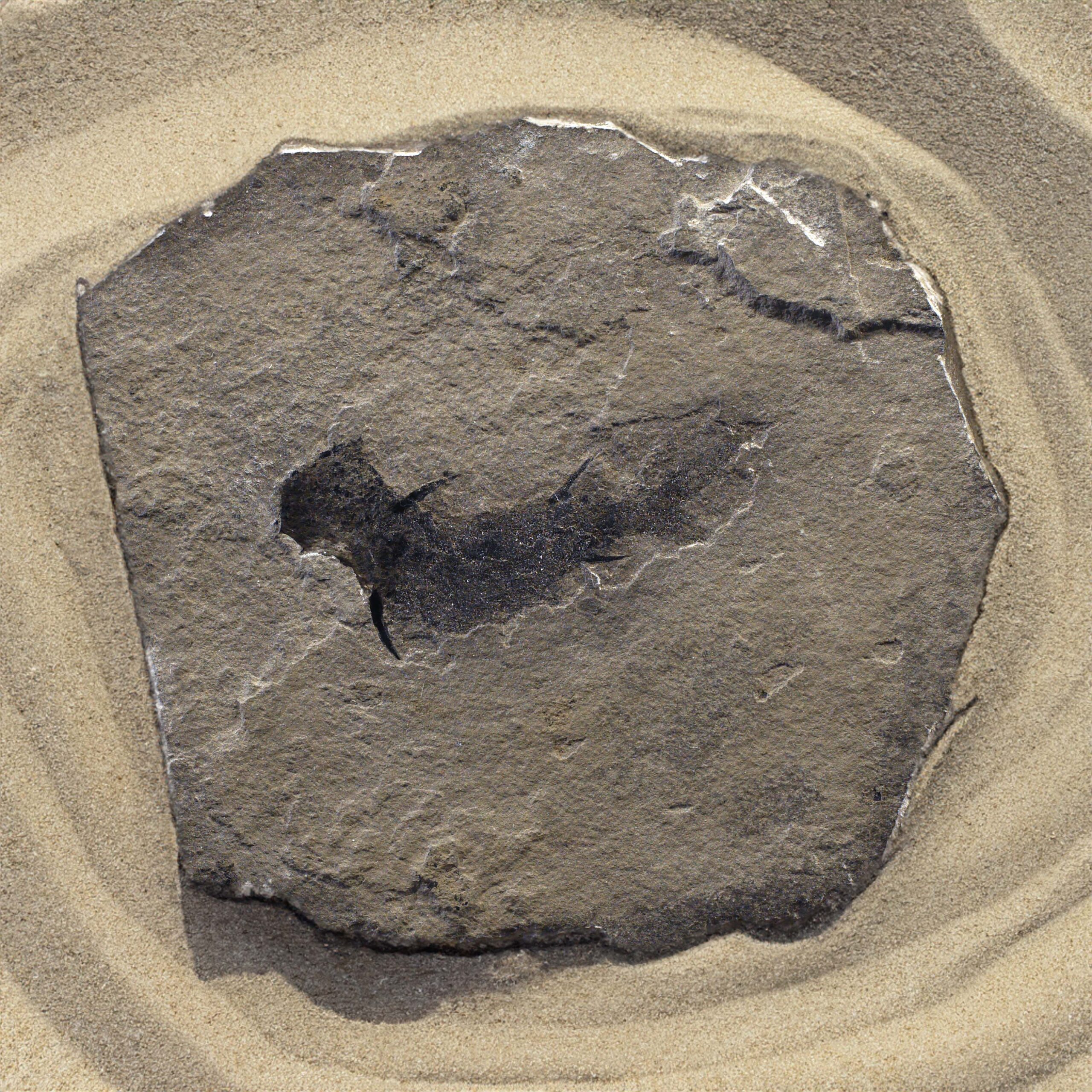

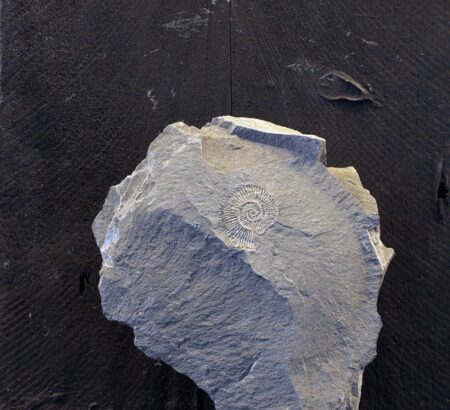

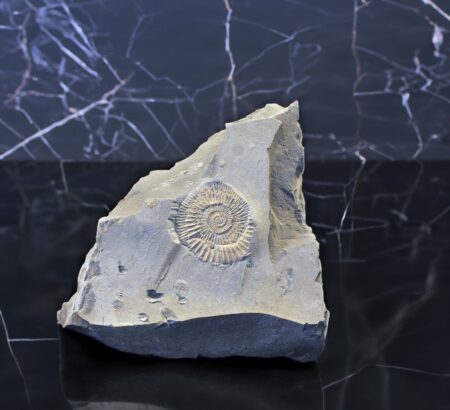
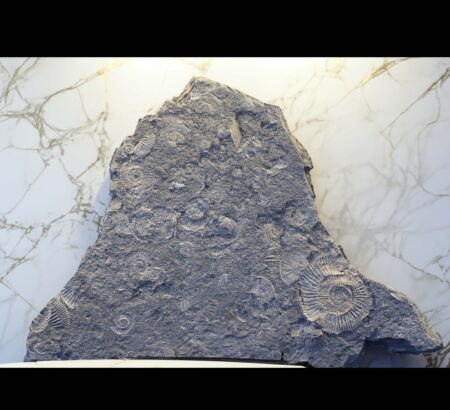
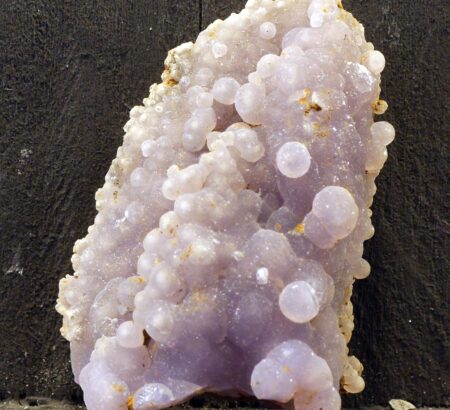

Reviews
There are no reviews yet.